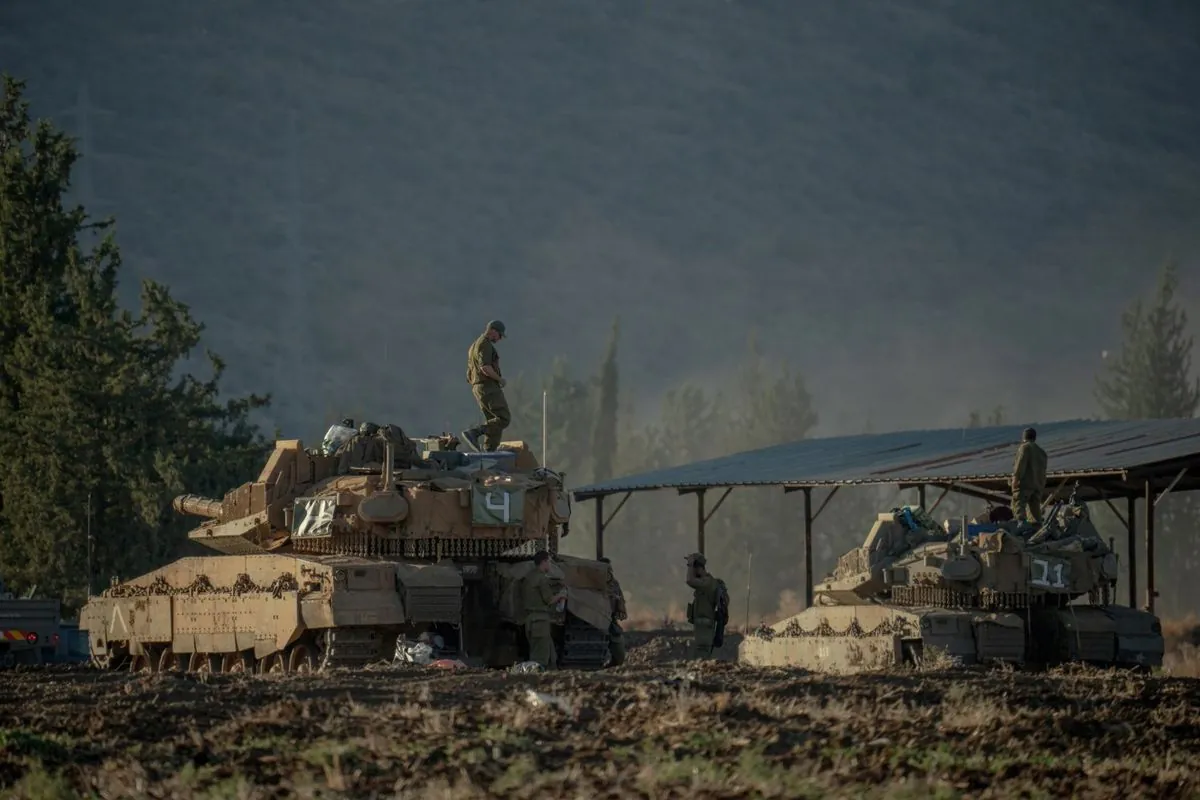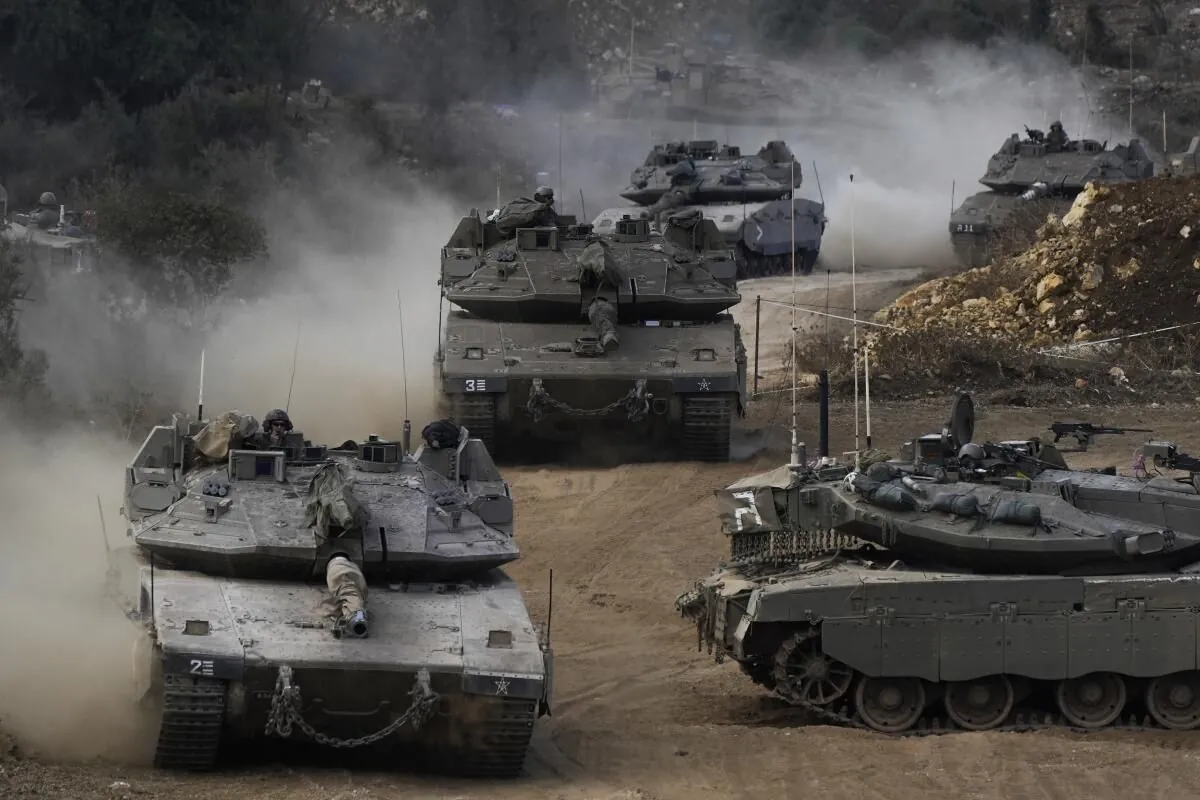Israel's Debt Insurance Cost Soars Amid Escalating Regional Tensions
Israel's sovereign debt insurance cost hits 12-year high as military operations expand in Lebanon and Iran launches missile attack, raising fears of broader conflict in the region.

The cost of insuring Israel's sovereign debt against default has reached its highest level in nearly 12 years, reflecting growing concerns about regional stability. This development comes as Israel expands its military operations in southern Lebanon and faces missile attacks from Iran, raising fears of a potential escalation in the ongoing conflict.
Credit default swaps (CDS) for Israel, financial derivatives that provide insurance against sovereign debt default, surged by 10 basis points to 160 bps on October 2, 2024. This marks the highest level since November 2012, according to data from S&P Global Market Intelligence, a leading provider of financial information and analytics.
The spike in CDS rates coincides with the Israeli military's announcement of expanded ground operations in southern Lebanon. Infantry and armored units have joined the ongoing efforts, signaling an intensification of military activities in the region. This development follows a year-long conflict between Israel and Hamas in the Gaza Strip, a small coastal area with a population of about 2 million Palestinians.

The escalation of tensions is not limited to the Israel-Lebanon border. An Iranian missile attack has further complicated the geopolitical landscape, adding to concerns about a potential broader conflict in the Middle East. These events have significant implications for regional stability and global economic factors, particularly oil prices.
Israel's economy, ranked 31st in the world by nominal GDP, has shown resilience in the face of ongoing security challenges. The country's advanced tech industry, known as "Silicon Wadi," continues to be a major contributor to its economic strength. However, the rising cost of insuring sovereign debt reflects growing investor unease about the potential economic impact of escalating conflicts.
The international community has long been involved in efforts to mediate peace between Israel and its neighbors. The United Nations has maintained a peacekeeping presence in Lebanon since 1978, underscoring the long-standing nature of regional tensions. Despite these efforts, the current situation highlights the fragility of peace in the region.
"We call on all parties to exercise maximum restraint and prioritize diplomatic solutions to prevent further escalation of the conflict."
As the situation unfolds, the global community watches closely, with many calling for de-escalation and a return to diplomatic channels. The humanitarian consequences of prolonged conflict, including potential refugee crises, remain a significant concern for international observers.
Israel's advanced military capabilities, including its Iron Dome missile defense system, play a crucial role in its security strategy. However, the current escalation serves as a reminder of the complex challenges facing the region and the need for sustainable, long-term solutions to ensure peace and stability.


































